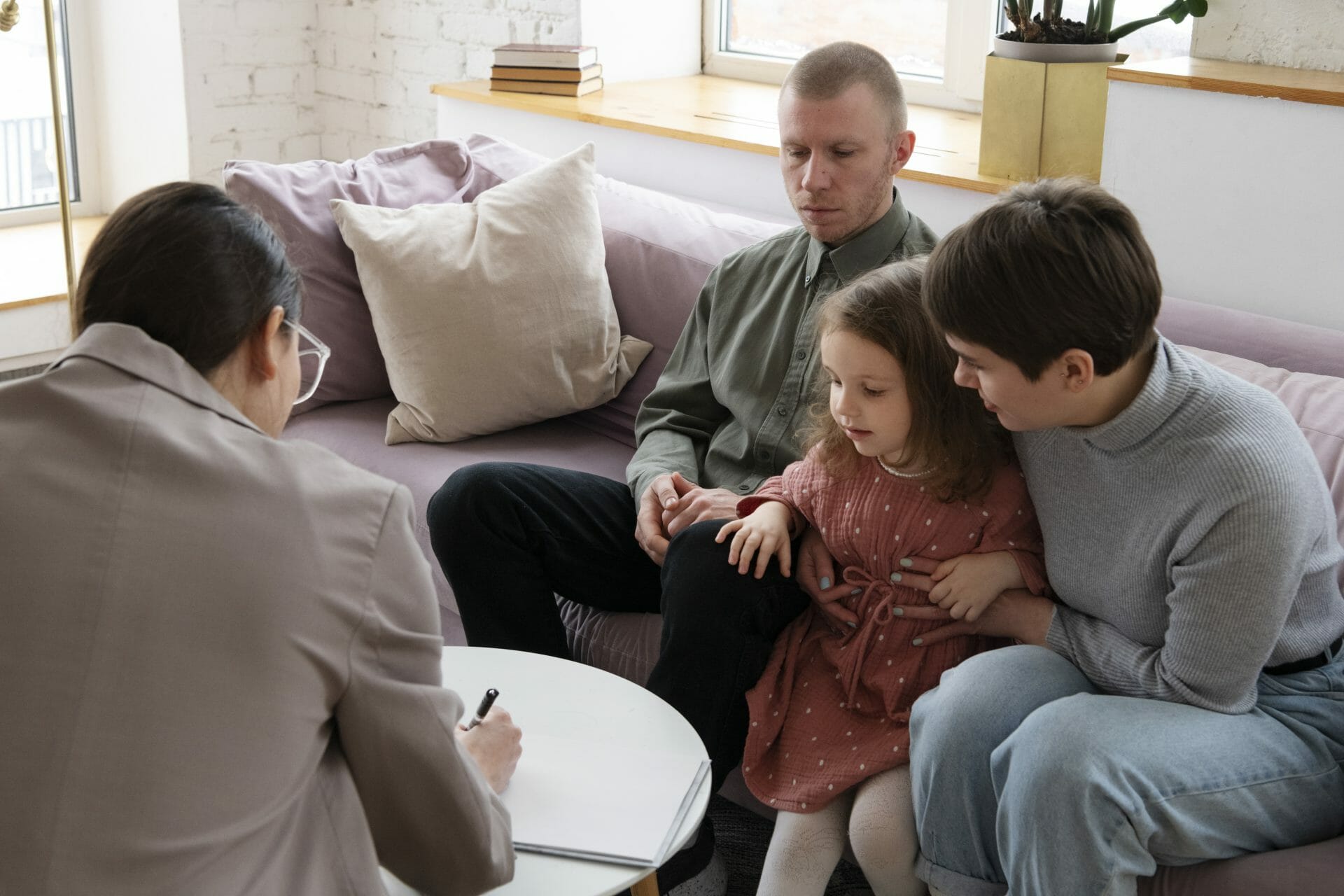Child custody cases frequently arise when parents are undergoing a divorce or facing challenges in establishing a custody arrangement as unmarried parents. Before considering court intervention, it is important to explore alternative methods of resolution. However, to navigate this process effectively, it is crucial to possess a comprehensive understanding of child custody. This article aims to offer insights into the various types of child custody. Moreover, key factors that the court takes into account, and important legal considerations that should be borne in mind.
Types Of Child Custody
Legal Custody
Legal responsibility is the responsibility to make big decisions about the child or children. This is going to include things like their schooling, medical treatment, and other choices that surround their health and wellbeing. You can either get a joint or sole legal custody of a child. Sole legal custody is where only one parent has the right to make choices about the child. However, joint custody ensures parents make these choices together.
Physical Custody
Physical custody refers to the responsibility to house and care for the child as the custodial parent. Again, you can have sole or joint custody here. Sole custody is where the child lives with one parent all of the time. On the other hand, joint custody is where the child lives with both parents for a substantial amount of time. In most cases of sole custody, the other parent will still have parenting time and likely have legal custody over the child.
Sole Custody
Sole custody refers to one parent having all of, or the large majority of the parenting time. As well as this, they have all of the parental responsibilities and rights. It is usually the case that sole custody is only awarded when one parent is unfit to parent the children on a regular basis.
Sole custody can be very damaging to the child if they have to go through the court case with you. As such, we recommend that you make sure it is completely necessary before you try to fight for this.
Joint Custody
Joint custody is the more common arrangement, and this is where both parents have legal and physical rights and responsibilities to the child. In this type of arrangement, the child will stay with both parents for substantial amounts of time. This is generally considered to be the best option for the child’s emotional health, but there are some pros and cons to this so ensure that these are fully taken into consideration.
Primary Custody With Visitation
The final type of custody that we’re going to mention is primary custody with visitation. This is where one parent has the majority of the physical and legal responsibilities for the child, but the other parent has the right to visit. These may be supervised or unsupervised visits, overnight visits, or just daytime visits depending on what the judge allows.
Factors Considered By The Courts
1. Child’s Relationship With Parents
The strength of the child’s relationship with each parent plays a significant role in custody decisions. The custodial parent may be chosen based on a good relationship, and joint custody may be considered to repair the relationship with the other parent.
2. Parent’s Mental And Physical Health
The court may choose the custodial parent based on a good relationship, considering joint custody as an option to repair the relationship with the other parent.
3. Child’s Preference
If the child is old enough, their preference may be taken into account to determine custody arrangements. The court considers the child’s well-being and avoids situations where one parent is primarily involved in “fun” activities.
4. Work Obligations Of The Parents
The work obligations of each parent are considered to evaluate their ability to provide time and care for the child. A parent’s availability and involvement in the child’s life are vital factors in custody decisions.
5. Child’s Health, Safety, And Welfare
The court’s primary objective is to ensure the child’s safety, health, and overall well-being. As a result, if one parent can provide a safer and healthier environment, it becomes a favourable factor in custody determinations.
6. The Parent’s Wishes
When it comes to child custody, the preferences and wishes of the parents play a significant role in the decision-making process. Additionally, it’s important to note that while the parents’ wishes are taken into account, the ultimate goal is to establish a custody arrangement that serves the best interests of the child. Factors such as the child’s well-being, their relationship with each parent, and their overall stability and safety will also be carefully evaluated.
Whether a parent desires joint legal custody without physical custody, or has specific requests regarding visitation schedules, our experienced team of family law attorneys is here to listen and advocate for your needs.
Important Legal Considerations
Criminal Background
A parent’s criminal history, especially involving violence, is evaluated but does not necessarily result in complete separation from the child (Legal Aid Queensland).
Legal Assistance
Child custody cases can be complex. Because of this, consulting with a lawyer who can provide guidance specific to your situation becomes crucial when navigating the complexities of child custody cases.
Moreover, to navigate custody cases effectively, it is essential to understand the different types of custody, the factors the court considers, and important legal considerations. Empowering yourself with this knowledge enables you to make informed decisions while prioritising the best interests of the child.
At Wilson Law, we comprehend the sensitive nature of child custody cases and the unique dynamics of each family situation. You can trust us to handle your case with utmost care, professionalism, and a deep understanding of the legal complexities involved. Our experienced team is here to guide you through the process, ensuring that your child’s best interests remain the top priority.
Contact us today and let us help you navigate the challenges of child custody, providing you with the support and expertise you need.

